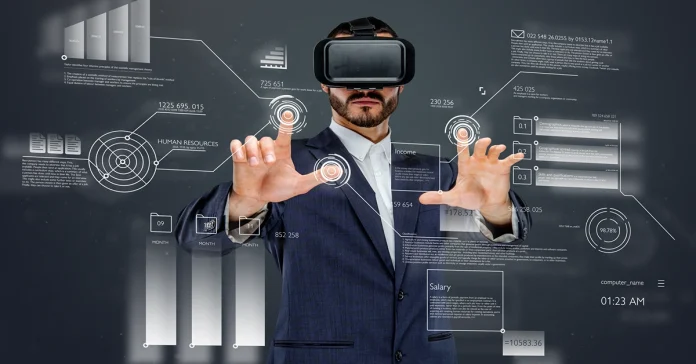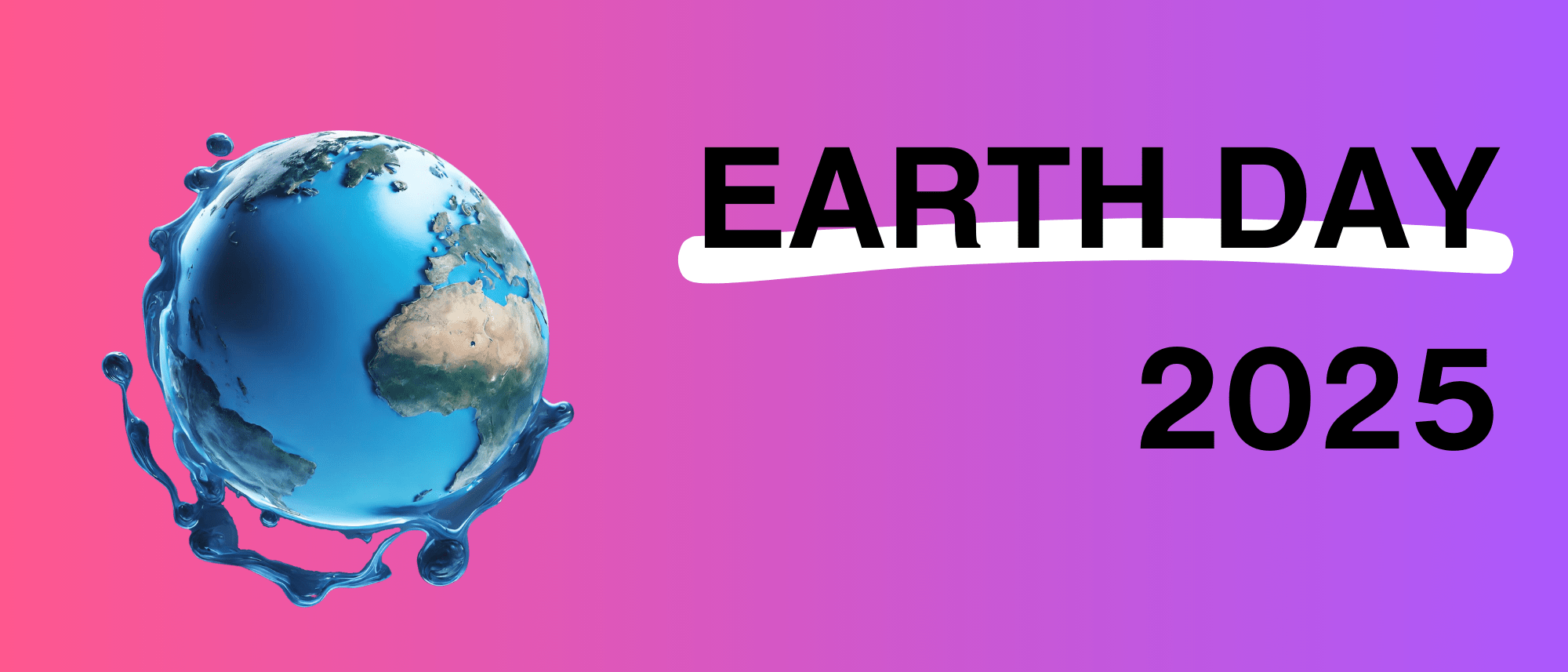In 2025, several technology trends are expected to to have a significant impact on various sectors, from business to everyday life.
Overall, technological advancements not only improve efficiency in work but also create new opportunities in various industries, with an emphasis on fostering creativity and high-level problem-solving.
The following are technological advances that will be trends in 2025:
1. Centralization of Human Intelligence and Artificial Intelligence (AI)
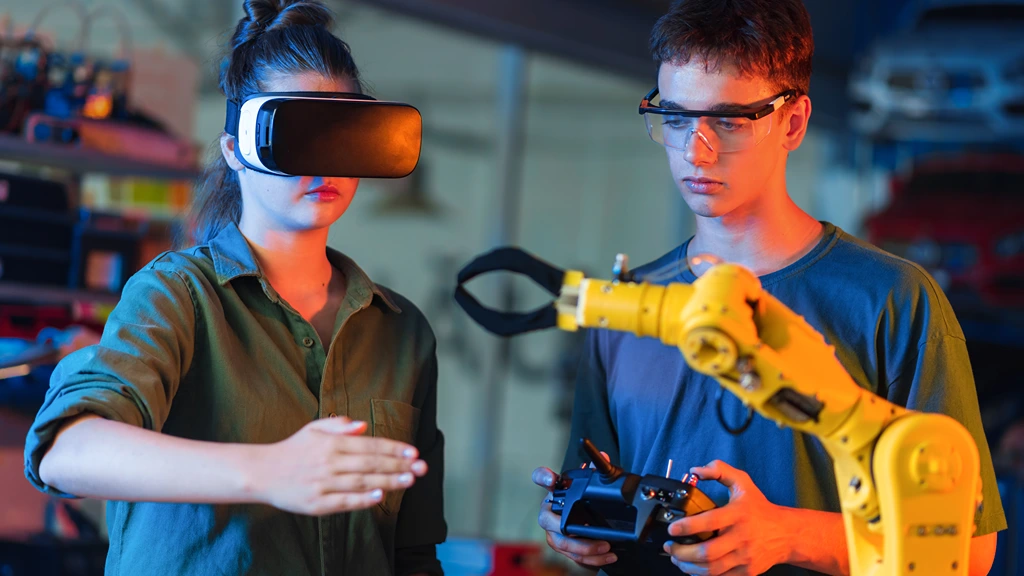
AI continues to be a major factor in driving innovation. In 2025, technology trends in the field of AI will include collaboration between technologies, such as artificial intelligence (AI) and automated systems, with human creative, analytical, and emotional thinking abilities. In the health sector, AI works with doctors to diagnose diseases faster and more accurately. In the manufacturing process, robots and AI systems can manage and optimize production. This progress shows that technology will not only replace the role of humans, but also expand human potential and human cooperation with machines to achieve greater and more effective goals.
2. Augmented Reality (AR) and Virtual Reality (VR)

This 2025 technology trend will be an important part of education, business, and online shopping. In the field of education, VR can be used for practical simulations, medical training, or to learn history and geography through virtual experiences. With AR, consumers can virtually try products before purchasing, such as trying on clothes or placing furniture in their homes using AR apps. Additionally, VR will allow customers to “visit” stores or shopping centers digitally and interact with products without leaving their homes. Other examples of AR and VR usage trends include virtual sightseeing, attending concerts, or watching sports events.
3. Climate Technology Challenges
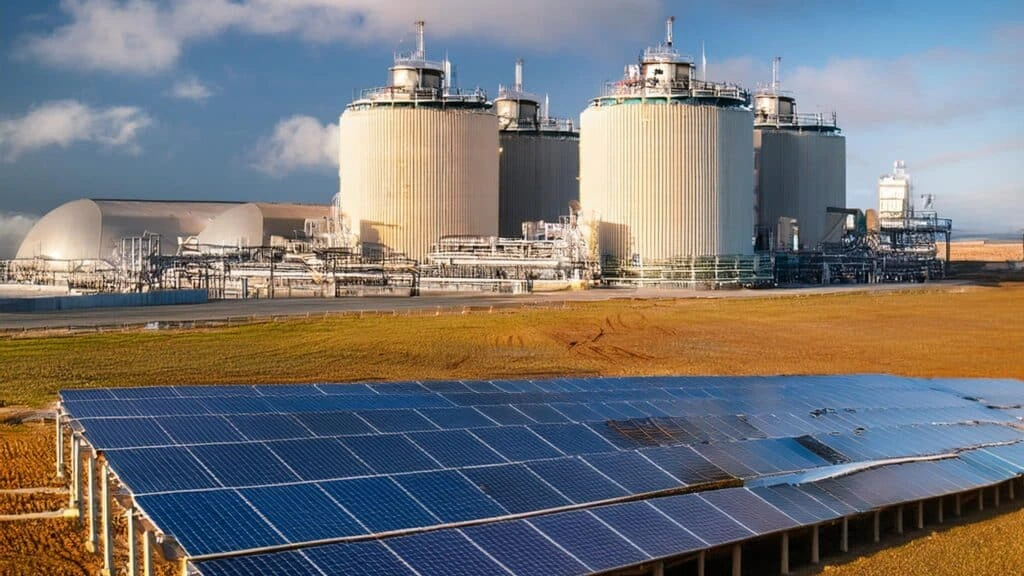
By 2025, technology aimed at addressing climate change is expected to make significant advancements, with various innovations focusing on reducing carbon emissions, improving energy efficiency, and adapting to climate change. Lighter, more flexible solar panels that are more efficient at converting light into energy will become more common, even in household applications. Additionally, technologies for capturing and storing carbon from the atmosphere (Carbon Capture and Storage or CCS) will continue to advance, where carbon emissions from factories or power plants are converted into useful products such as building materials or synthetic fuels.
4. Biotechnology Revolution
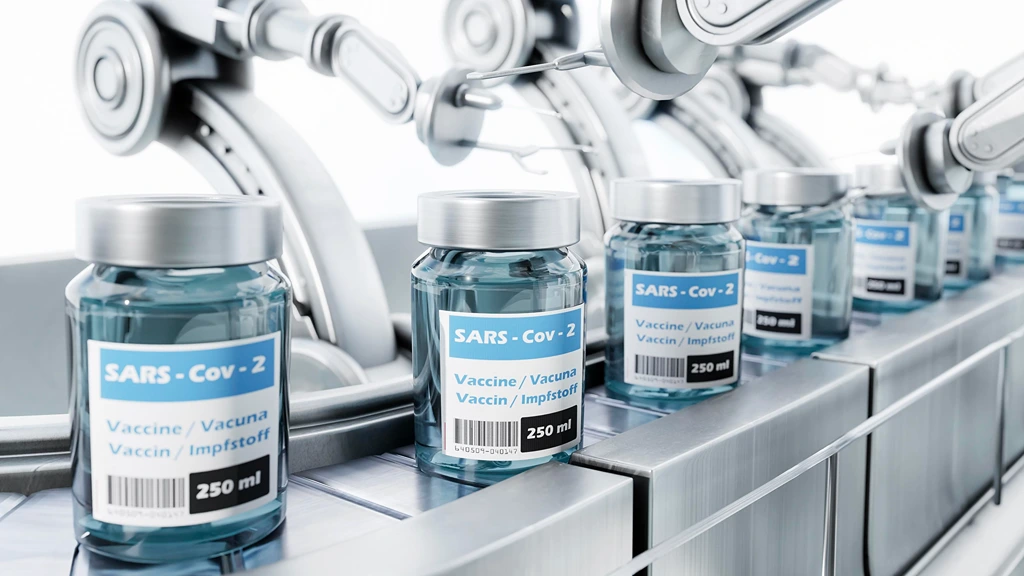
In 2025, biotechnology, which harnesses the power of biology to advance health, agriculture, and environmental sustainability, will continue to transform the world. Advances in gene therapy will enable more effective treatments for rare or chronic genetic diseases, such as cancer, diabetes, and heart disease. In addition, the development of faster and more flexible vaccine platforms will be a focus, such as the mRNA vaccines that have proven effective in treating the COVID-19 virus. For environmental sustainability, scientists will design new organisms using synthetic biology, such as microorganisms, that can convert waste into energy, eco-friendly chemicals, and fuel production.
5. Cybersecurity on a Global Scale

In recent years, there has been a surge in attacks on critical infrastructure, with cybercriminals targeting energy networks, healthcare infrastructure, and even election systems. As a result, by 2025, the threat posed by hackers, data theft, and other cyberattacks to global businesses, communities, national security, and public safety is likely to be significant. Blockchain will be increasingly used in various aspects of cybersecurity in 2025, especially to ensure data integrity and prevent information forgery. Technologies such as biometric authentication, two-factor authentication (2FA), and end-to-end encryption will be widely used to protect personal data and online transactions.
6. Security for the Internet of Things (IoT):

As more and more IoT devices are connected in everyday life, from home appliances, healthcare, factories, to vehicles, the security of IoT devices will become a major concern. The Internet of Things (IoT) refers to a network of physical devices linked to the internet, enabling them to communicate with one another and exchange data without direct human involvement. IoT devices will become more efficient in collecting and transmitting data to improve convenience, security, and energy efficiency, in both everyday life and industrial applications.
7. 5G and Faster Connectivity
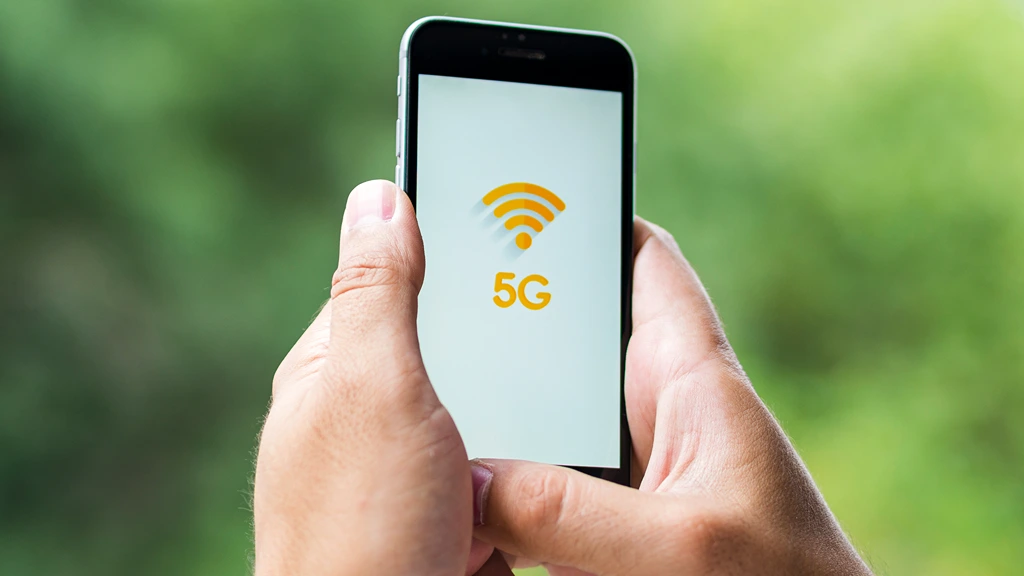
With the wider deployment of 5G, internet speeds and global connectivity will increase rapidly. This will open up new opportunities for Internet of Things (IoT) applications, autonomous vehicles, and real-time communications with low latency. Industries such as telemedicine, augmented reality (AR), and virtual reality (VR) will benefit greatly from this 5G network.
The year 2025 will mark a major revolution in the world of technology. The technology trends mentioned above will transform the way we work and live. To keep up with these changes, it is crucial for all of us to keep learning and preparing ourselves to take advantage of the opportunities that arise.
Are you ready to embrace the technology trends of 2025?

